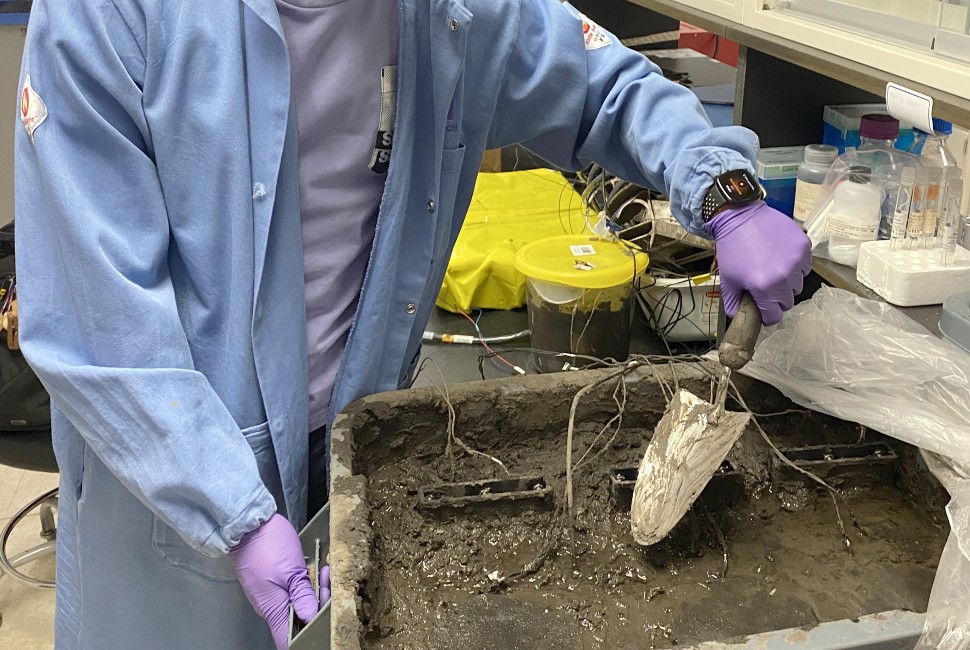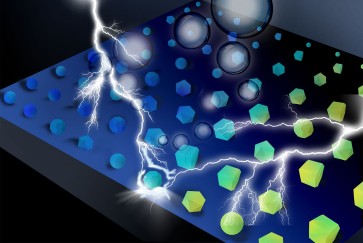A Northwestern University-led team of researchers has developed a new fuel cell that harvests energy from microbes living in dirt.
About the size of a standard paperback book, the completely soil-powered technology could fuel underground sensors used in precision agriculture and green infrastructure. This potentially could offer a sustainable, renewable alternative to batteries, which hold toxic, flammable chemicals that leach into the ground, are fraught with conflict-filled supply chains and contribute to the ever-growing problem of electronic waste.
To test the new fuel cell, the researchers used it to power sensors measuring soil moisture and detecting touch, a capability that could be valuable for tracking passing animals. To enable wireless communications, the researchers also equipped the soil-powered sensor with a tiny antenna to transmit data to a neighboring base station by reflecting existing radio frequency signals.
Not only did the fuel cell work in both wet and dry conditions, but its power also outlasted similar technologies by 120%.
The research was published Jan. 12 in the Proceedings of the Association for Computing Machinery on Interactive, Mobile, Wearable and Ubiquitous Technologies. The study authors also are releasing all designs, tutorials and simulation tools to the public, so others may use and build upon the research.
“The number of devices in the Internet of Things (IoT) is constantly growing,” said Northwestern alumnus Bill Yen, who led the work. “If we imagine a future with trillions of these devices, we cannot build every one of them out of lithium, heavy metals and toxins that are dangerous to the environment. We need to find alternatives that can provide low amounts of energy to power a decentralized network of devices. In a search for solutions, we looked to soil microbial fuel cells, which use special microbes to break down soil and use that low amount of energy to power sensors. As long as there is organic carbon in the soil for the microbes to break down, the fuel cell can potentially last forever.”
“These microbes are ubiquitous; they already live in soil everywhere,” said Northwestern’s George Wells, a senior author on the study. “We can use very simple engineered systems to capture their electricity. We’re not going to power entire cities with this energy. But we can capture minute amounts of energy to fuel practical, low-power applications.”
Wells is an associate professor of civil and environmental engineering at Northwestern’s McCormick School of Engineering. Now a Ph.D. student at Stanford University, Yen started this project when he was an undergraduate researcher in Wells’ laboratory.
Solutions for a dirty job
In recent years, farmers worldwide increasingly have adopted precision agriculture as a strategy to improve crop yields. The tech-driven approach relies on measuring precise levels of moisture, nutrients and contaminants in soil to make decisions that enhance crop health. This requires a widespread, dispersed network of electronic devices to continuously collect environmental data.



